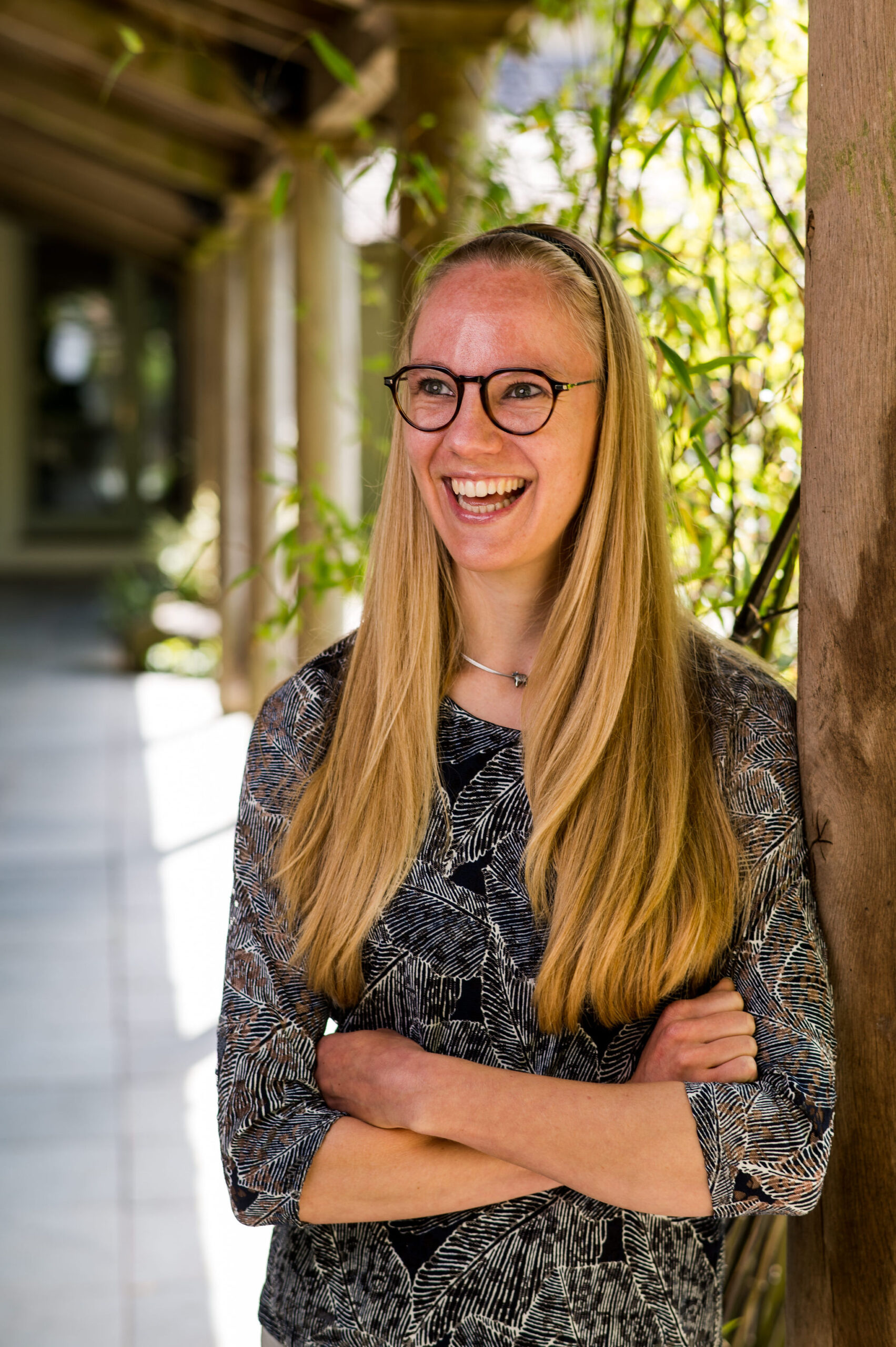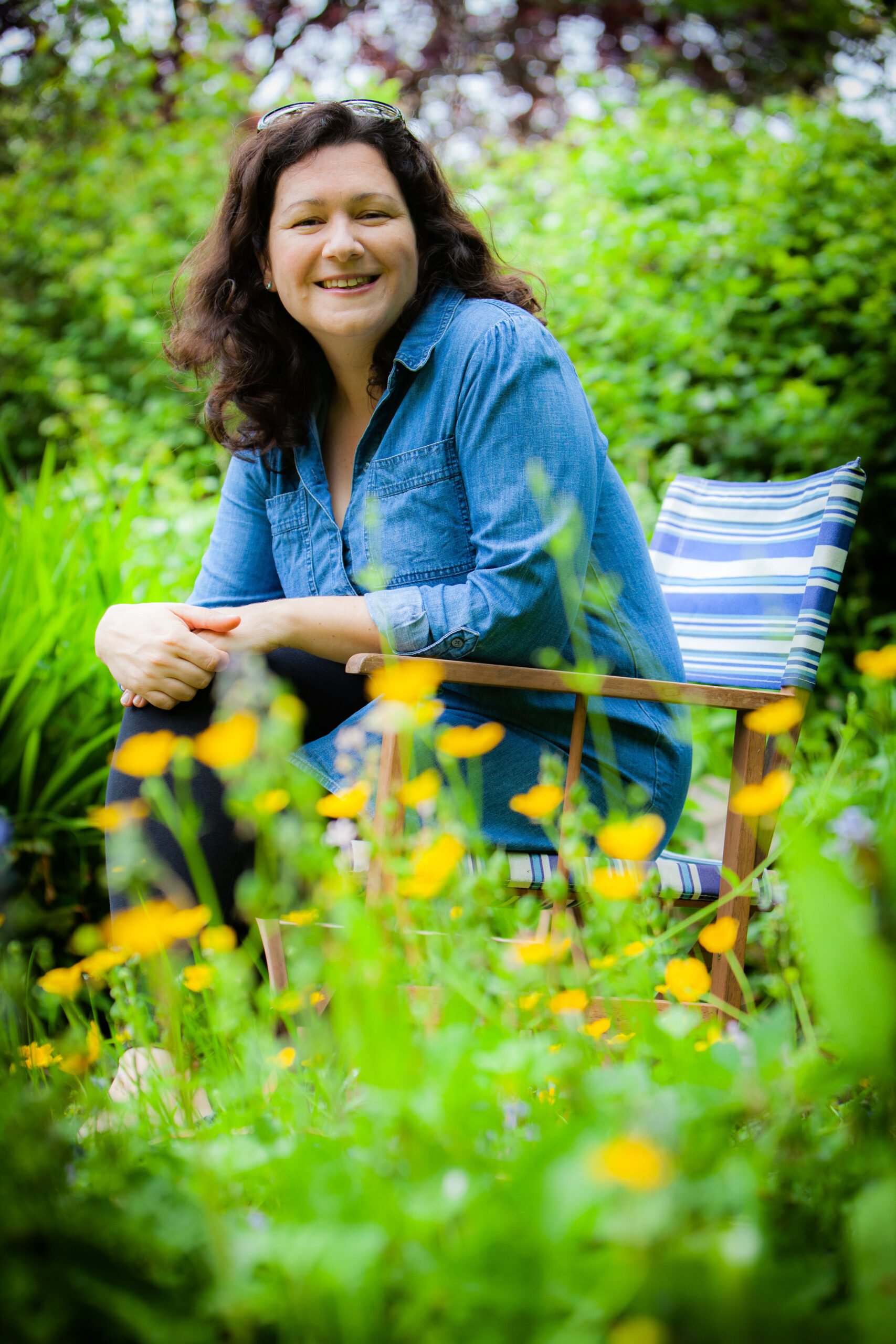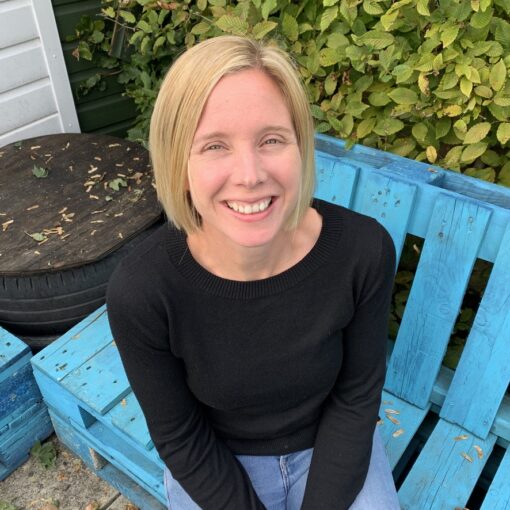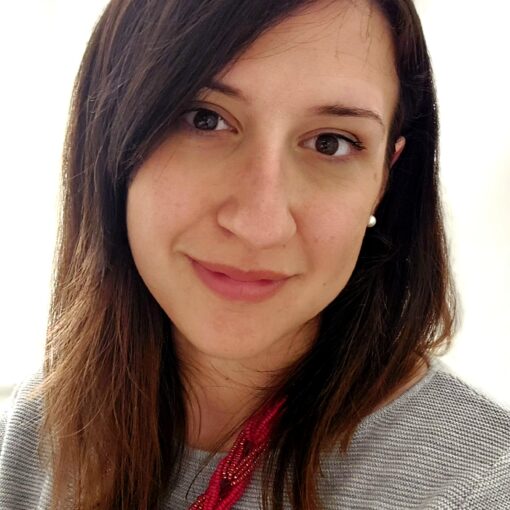PhD in Interdisciplinary Bioscience from the University of Oxford, awarded in 2021
| Senior Consultant | |
|---|---|
| Biodiversify | |
Year entered into a non-academic position: 2021
Job highlight: Conducting biodiversity monitoring surveys in India
My research training set me up to… Persevere, think critically, lead a team, plan time and budgets effectively, and communicate clearly with a wide range of people
Left academia after: PhD
What’s your background?
I am an interdisciplinary conservationist, working on the question of how farming and nature conservation can go hand in hand.
During my PhD I studied the sustainability of smallholder farming in Papua New Guinea. I spent three years travelling between Oxford and Madang to study food production and rainforest conservation in Papua New Guinea.
After I finished my PhD, I worked for Proforest – a not-for-profit that aims to make food production and sourcing more sustainable. At Proforest I worked with several large multinational retailers (think PepsiCo, for example) to improve the sustainability of palm oil production. I also set up and co-led Proforest’s data team to catalyse the use of data on responsible sourcing of agricultural commodities.
After two years at Proforest, I transitioned to my current role at Biodiversify, where I support companies to act for nature. My work focuses on understanding where fashion brands source their materials from, especially cotton. I also lead biodiversity monitoring surveys in sourcing locations like India, where a large chunk of the world’s cotton is produced.
Why did you move away from academia?
My main reason for moving away from academia was to learn more about other sectors.
While doing my data collection for my PhD research, the huge impact that businesses are having on both farming and nature became very clear to me. I was keen to learn more about how businesses work, and how their power can be leveraged to drive forward nature conservation.
Is there anything you miss about academia?
The slightly longer timelines in academia, for at least some projects.
How did you get this job? Did you face any challenges when considering a move away from academia or applying for the role?
As part of my PhD programme, I got to do a three-month internship. I did my internship at Proforest and was subsequently offered a job there.
While working at Proforest I was approached by Biodiversify and asked to apply for a job. I did, and got the job, et voilà!
So, it was my internship that kicked off my career outside academia, and that made for a smooth transition.
What motivated you to/why did you choose the sector you transitioned into?
My main motivation to move into the corporate sector was to broaden my horizon and to learn about farming and nature from the perspective of businesses.
I chose to go into consulting so that I could work with many different businesses and, through that, gain as many insights as possible.
Did you think you had the skills required for your current position before you started? Were you right?
My PhD prepared me well for my current job. I still get to do research, data collection and project management – but in a more applied setting for a corporate client rather than a research funder.
However, my focus has changed from farming for food to farming for fashion. I’ve had to learn a lot about the fashion sector and materials like cotton over the last two years – something I have really enjoyed!
There are also things that I didn’t have to do much before, such as pitching and sales. I’ve found it useful to start developing new skills in addition to applying and building on the skills that I have developed during my PhD.
When you apply for a job, I would encourage you to think about how you could use your skills and experiences in a different setting. There is probably more that you can say about this than you might think at first!
How did your PhD prepare you for your current job? For example, what were the transferable skills that you developed during your PhD that are most relevant to your current job?
My PhD allowed me to gain very valuable experiences: conducting fieldwork in Papua New Guinea, managing a team, budgets and timelines, communicating my work to colleagues and funders, and building up a wide network of research institutions and NGOs. I draw on these experiences every day in my job at Biodiversify.
Did you have any preconceptions about your sector that proved to be wrong?
I thought being a consultant meant that you would only be giving advice, but not implementing any ideas or projects yourself. That was wrong! I mainly work on the implementation side of things now, which I do very much enjoy.
Can you describe a typical week in your job?
A typical week in my job entails desktop-based work, including the usual suspects: answering phone calls, attending meetings, preparing and delivering presentations, and writing reports.
I do get to travel out to India every 3-4 months and conduct on-the-ground data collection with our partners over there. That involves conducting biodiversity surveys, interviewing local farmers, and lots of cups of tea!
A big part of my work is to bring different parties together and get them to agree on the work we can deliver. For example, for our biodiversity monitoring surveys in India, I need to get the fashion company and the ecologists in India to agree on what we can and can’t measure on cotton farms. This is usually easier said than done as everyone has their own perspective on what would be the best. My role is to guide everyone to reach a consensus on the best way to meet the project outcomes.
What is the workplace culture like? Please include comments on work-life balance, flexibility, remote working?
At my current employer, Biodiversify, there is a big focus on work-life balance. There is a 34-hour working week with Friday afternoons off. We get to work flexibly outside of our core hours, and all of us are remote so we can work from wherever we want in the UK.
Of course, there are times when it is busy and you may have to get a bit more work done, but the company keenly promotes that people stick to their normal hours as much as possible and take their holidays.
For me personally, working for Proforest and Biodiversify has allowed me to have a better work-life balance than what I had when I was still in academia.
Do people with a PhD frequently get hired in the company/sector?
Absolutely! The deep knowledge and the many transferable skills that come with gaining a PhD are valued by many different organisations within the nature conservation sector.
Having said that, it is usually not required to have a PhD. Work experience is also very much valued.
At the end of the day, often the types of projects you have been working on and the quality of work you have delivered – whether in an academic setting or outside of that – are what really count when you apply for a job, I find.
What are your favourite parts of your job?
My favourite part is to work with our partners in India, and travel out there to do our data collection.
What are your reflections on your career path?
The main thing I have learned so far is that it is helpful if you get to work on something that you are genuinely interested in. It makes it so much easier to deliver really good work!
Do you have any advice for current graduate students and postdocs considering a career outside of academia?
The internship I did during my PhD was crucial to getting my first job after I graduated. If you have a chance to do an internship, I would encourage you to do it, and to think carefully about where and when you do your placement. I am happy to chat about this, if you would like to discuss a few ideas with me. Feel free to reach out to me via LinkedIn: https://www.linkedin.com/in/mirjam-hazenbosch/
What do you know now that you wish you’d known when exploring a transition?
It is possible to stay in touch with the academic sector, even if your day-to-day job is in a different sector. Within my own job I try to identify opportunities to stay in touch with academia where I can. For example, I have just submitted a proposal to University College London for a Master’s student project that would support a piece of research we are keen to do internally. I am also actively contributing to a meta-analysis on legume sustainability.
Can you recommend any relevant resources, organisations or events that might help somebody new to the sector find out more about it?
Start following relevant people on LinkedIn – a lot of businesses will post their job opportunities online. If you are keen on a career in conservation specifically, check out conservation-careers.com.
Also feel free to reach out – I am happy to have a chat and help out where I can. You can find me on LinkedIn: https://www.linkedin.com/in/mirjam-hazenbosch/
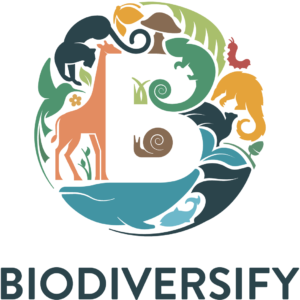 Biodiversify is a conservation consultancy that advises a range of private, public and third sector clients who want to act for nature. Our clients are from fashion, food, technology, infrastructure, government and more. We specialise in using cutting edge science to solve complex challenges related to biodiversity and the environment. Collaboration is at the heart of what we do, ensuring that our advice is bespoke and relevant to our clients.
Biodiversify is a conservation consultancy that advises a range of private, public and third sector clients who want to act for nature. Our clients are from fashion, food, technology, infrastructure, government and more. We specialise in using cutting edge science to solve complex challenges related to biodiversity and the environment. Collaboration is at the heart of what we do, ensuring that our advice is bespoke and relevant to our clients.
Biodiversify often hires people who have a PhD in nature conservation or related areas. The company uses the latest scientific knowledge, insights and skills to develop the best advice possible for our clients on how to support nature.

